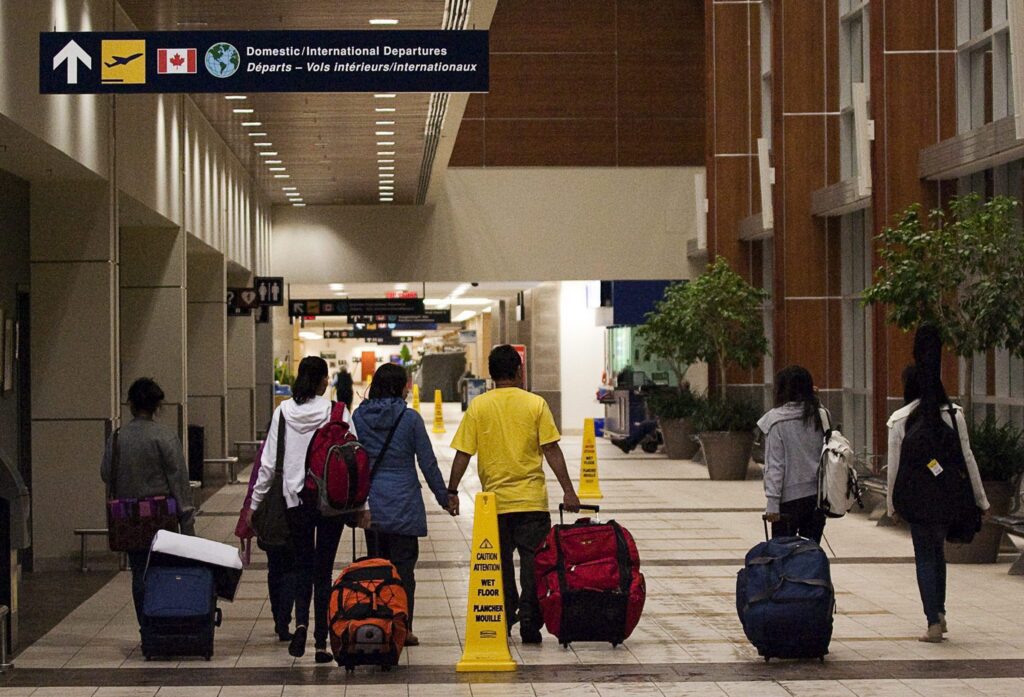“Everyone, deep in their hearts, is waiting for the end of the world to come.” – Haruki Murakami
After hearing the authoritative proclamation that climate change will be irreversible by the year 2030, I concluded that the only logical course of action was to start stockpiling potable water and English novels to endure the coming End Times.
When I heard the even more self-assured claim that artificial intelligence will render society unrecognizable by 2026, I changed course and decided to use all of the pub gift cards I have been saving. As St. Paul wrote in Corinthians: “Let us eat and drink, for tomorrow we die!”
The West has lost confidence in itself, and many in the mainstream and alternative media see it as their duty to cheerfully inform the masses of novel ways in which the world will end. Elon Musk’s pet Armageddon theory – that the human race will go extinct because of low fertility rates – is a particularly creative contribution to the growing field of apocalyptic literature.
Canada’s pundits regularly roll out the trope that we live in times of “crisis”. We are informed that everything from housing, media, healthcare, the environment, child mental health, adult mental health, poverty, homelessness, office tower vacancy rates, and road congestion is in a state of irremediable decline.
Practical solutions to these problems are ignored, with the preferred recourse seemingly being to produce more content ritualistically reciting that we are in “crisis”.
In this atmosphere of malaise, many of our countrymen find themselves in a state of gloom from which they cannot emerge.
In a recent episode of The Bridge podcast, Peter Mansbridge, Chantal Hébert, and Bruce Anderson – three intelligent and normally lucid Canadians – discussed in detail the arrangements that our military would have to make to stem a tsunami of Hispanic illegal immigrants fleeing en masse from a second Trump presidency.
Framing everything under the sun as a catastrophe paralyzes the human mind’s search for solutions, whereas framing issues as problems to be resolved allows for productive debate.
I don’t expect millions of illegal immigrants to show up at the U.S.-Canada border, but we should act to end illegal immigration – for instance, by scrapping the policy that allows for illegal border crossers who evade detection on our soil for 14 days to file refugee claims. There’s one concrete solution – dozens more exist.
We are not the first generation to view our time period as a vale of tears. Historian Johan Huizinga writes that “immense sadness” suffused all forms of writing in the late Medieval era. The 15th century poet Georges Chastellain began his chronicle of the dukes of Burgundy with this description: “I, man of sadness, born in an eclipse of darkness, and thick fogs of lamentation.”

Today’s doomsday mentality is not unique to our times, nor is it helping to remedy the serious problems facing our country. We owe it to future generations to keep from succumbing to the tempting tonic of pessimism, and thereby paralyzing our capacity to improve society.
Editor’s note: My 500-word Counter Current column is published once every two weeks in the Islands Marketplace paper on Salt Spring Island. This piece will appear in the December 13th, 2024 issue.
All content on this website is copyrighted, and cannot be republished or reproduced without permission.
Share this article!




The truth does not fear investigation.
You can help support Dominion Review!
Dominion Review is entirely funded by readers. I am proud to publish hard-hitting columns and in-depth journalism with no paywall, no government grants, and no deference to political correctness and prevailing orthodoxies. If you appreciate this publication and want to help it grow and provide novel and dissenting perspectives to more Canadians, consider subscribing on Patreon for $5/month.
- Riley Donovan, editor